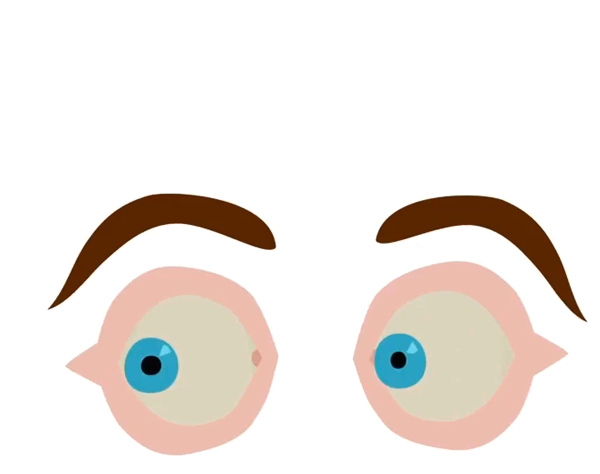
Pain: how can psychology treatment help?
June 12, 2015
What is the difference between Depression, Stress and Anxiety?
June 12, 2015
Stress is not always negative.
Stressful events can include giving birth to a baby, performing a juggling act successfully in front of an audience, or preparing for a long awaited event like a wedding. The most extreme form of negative stress is traumatic stress which refers to a psychobiological reaction to a traumatic event such as a disaster car accident, assault, and surgery etc where there is a threat of loss of life. The fight or flight response is triggered in stressful circumstances as a means of survival and is usually felt as both physical e.g. palpitations and emotional e.g. fearfulness symptoms. Stress is an individual response to a situation not the situation itself. Long term exposure to stress can lead to “burn out”.
Like most things in life, a little stress is positively good for you, while a lot creates real problems. Humans need a certain amount of pressure, or even problems in their lives in order to perform at their best. No pressure, no performance and we soon become bored with life. A little stress and soon we are feeling good, we have a challenge in our lives, something to do, something to work at, something to achieve. The stress response acts to get the body ready to carry out a whole range of daily activities. As ti helps us to be able to meet the challenges of modern living, stress feels comfortable and its effects are creative. This amount of stress is called the “comfort zone” or Eustress. However, if the pressure increase ors the problems persist and we are unable to turn off the stress alarm, stress can start to feel uncomfortable. Muscles are tense all the time, heart beat remains high, blood pressure is elevated, the mind is hyperalert and all the other physical, psychological and emotional stress symptoms are present and we start becoming fatigued and tired and our energy and performance declines. This type of stress is called Distress. Long term exposure to distress can lead to “burnout.
Trauma
Traumatic events are often sudden and unexpected, and very different from anything we have gone through before. We may have no time to prepare for it or adjust to it; it may be hard for us to make sense of the event. As a result, it may cause us to question strongly held beliefs ─ about our safety, how much control we have over our life and how predictable the world really is. When people describe their world as being shattered following a traumatic event, they are often referring to the shattering of these and other beliefs. And because traumatic events often occur so suddenly, we have to do all the adjusting after it happens.
Whilst most people recover on their own, some will need professional help. Emotional recovery is as important as physical recovery. Traumatic experiences can lead to depression, anxiety, difficulties with relationships, family and work and should not be ignored. Psychology on Parade have experience in assisting clients with trauma experiences related to loss, grief, work injury, traffic accidents or sexual abuse.
Other websites about trauma http://www.acpmh.unimelb.edu.au


